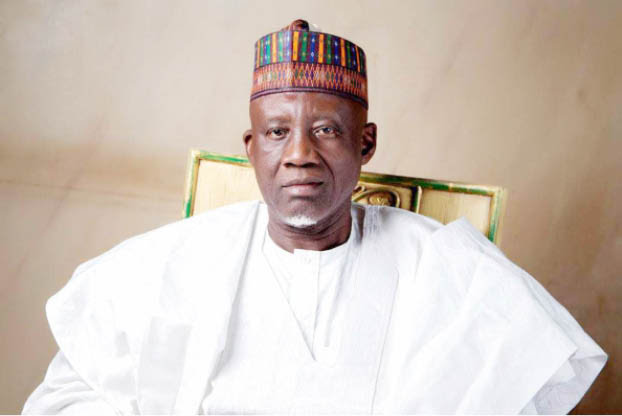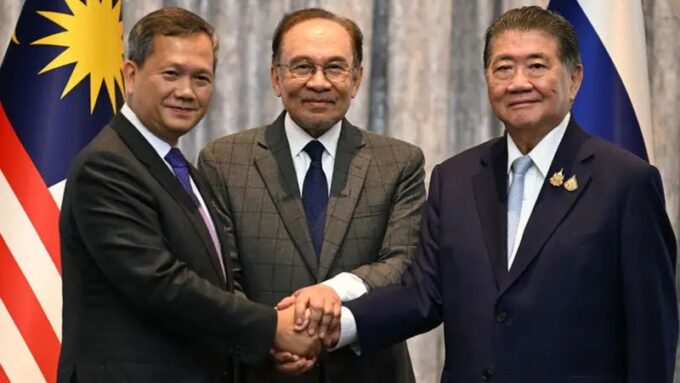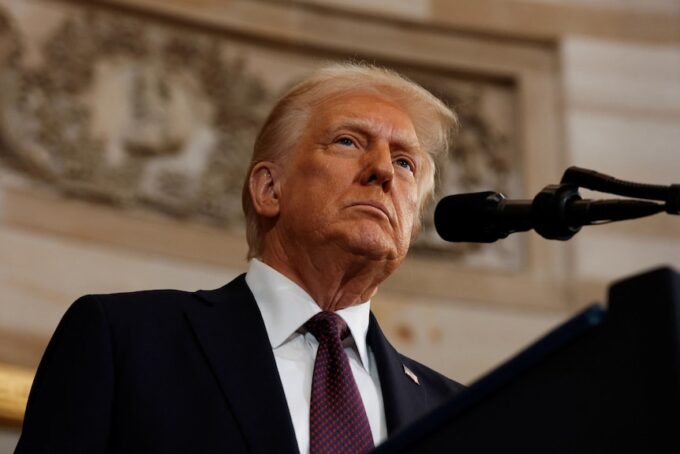News | Events | Digital PR | Advertising
Job Provision Not Our Mandate, Focus is on Enabling Environment — Labour Minister

The Minister of Labour and Employment, Muhammadu Dingyadi, clarified on Thursday that Nigerians hoping for his ministry to directly provide jobs might be disappointed, as job provision is not part of its mandate. He made this statement at the annual conference of the Federal Capital Territory chapter of the Nigerian Institute of Public Relations in Abuja.
Dingyadi acknowledged Nigeria’s large youth population and the need to ensure their engagement in productive ventures. However, he emphasized that the ministry’s role is to create an enabling environment for job creation, not to directly provide employment.
“You will agree with me that the mandate of the Federal Ministry of Labour and Employment is not to give employment to people,” he stated. “Our focus is on fostering an environment conducive to job creation, driving investment, and enhancing productivity for improved service delivery. This aligns with the Renewed Hope Agenda, which emphasizes sustainable job creation and economic growth.”
Citing a past interaction, Dingyadi noted, “Even the former minister of youth and sports approached me for jobs, but I clarified that our role is to create opportunities, not to hand out jobs.”
He further highlighted President Bola Tinubu’s commitment to economic recovery and transformation. “The administration is focused on strategic investments in human capital, infrastructure, innovation, and institutional reforms. This is evident in achievements like the successful negotiation of a new Minimum Wage for workers,” Dingyadi added.
Earlier, Sunday Dare, Special Adviser to the President on Media and Public Communications, urged Nigerians to remain hopeful despite the economic challenges. “Reforms often bring initial pain, but they are necessary for long-term growth,” Dare said. He pointed out that the administration’s eight-point agenda is beginning to yield results, though the process may be arduous.
“President Tinubu has chosen the road less traveled, implementing reforms across fiscal, monetary, oil, manufacturing, and power sectors. These changes, while difficult, will ultimately benefit the nation,” he reassured.
In a related address, the president of the Nigerian Institute of Public Relations (NIPR), Dr. Ike Neliaku, stressed the importance of improving Nigeria’s global reputation. “A nation with a poor reputation struggles to attract serious investors,” he said. “Public relations is critical to building this reputation, and without it, our economy cannot thrive.”
Dr. Neliaku emphasized that respect for proper processes is essential to attract investments and bolster the economy.
Explore more
Scientists Research Nigeria’s Okra, Maize, Four Other Crops During NASA’s Space Mission
International astronauts will research six indigenous Nigerian crops and seeds during the...
President Trump Orders Pharmaceutical Companies To Cut Drug Prices Within 60 Days
President Donald Trump on Thursday said he asked major pharmaceutical companies to...
Microsoft To Become The Next $4 Trillion Company
Microsoft (MSFT.O), opens new tab soared past $4 trillion in market valuation...
Importers Slash Petrol Prices Below Dangote Rates Amid Rising Market Competition
Competition has hit Nigeria’s petroleum sector as fuel importers slash petrol prices...












Leave a comment